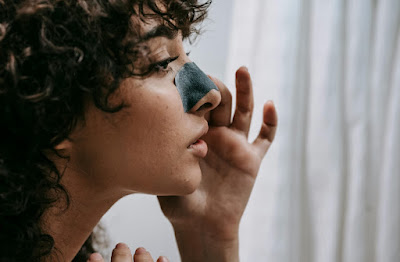Is Having Wrinkles a Sign of Aging? Consider Aging from These Four Perspectives

Many women see wrinkles around the eyes, forehead, and mouth as indicators of aging. But is this really accurate? How should we truly define aging? Do wrinkles automatically mean aging? Answer: Not necessarily. Having wrinkles doesn't always equate to aging. Wrinkles can result from various factors. Some are related to the natural aging process, while others are due to habits like making exaggerated facial expressions. For example, repeatedly pursing your lips can lead to lip lines, which aren't necessarily signs of aging. How can we accurately determine aging? When it comes to understanding aging, there are multiple facets to consider. To get a comprehensive view of aging, focus on these four key aspects: First Aspect: Facial Drooping. The face loses some of its firmness and starts to sag, leading to issues like droopy eyelids or the emergence of wrinkles such as smile lines and marionette lines. Second Aspect: Reduction in Skin Volume. You might find the term "volu...












